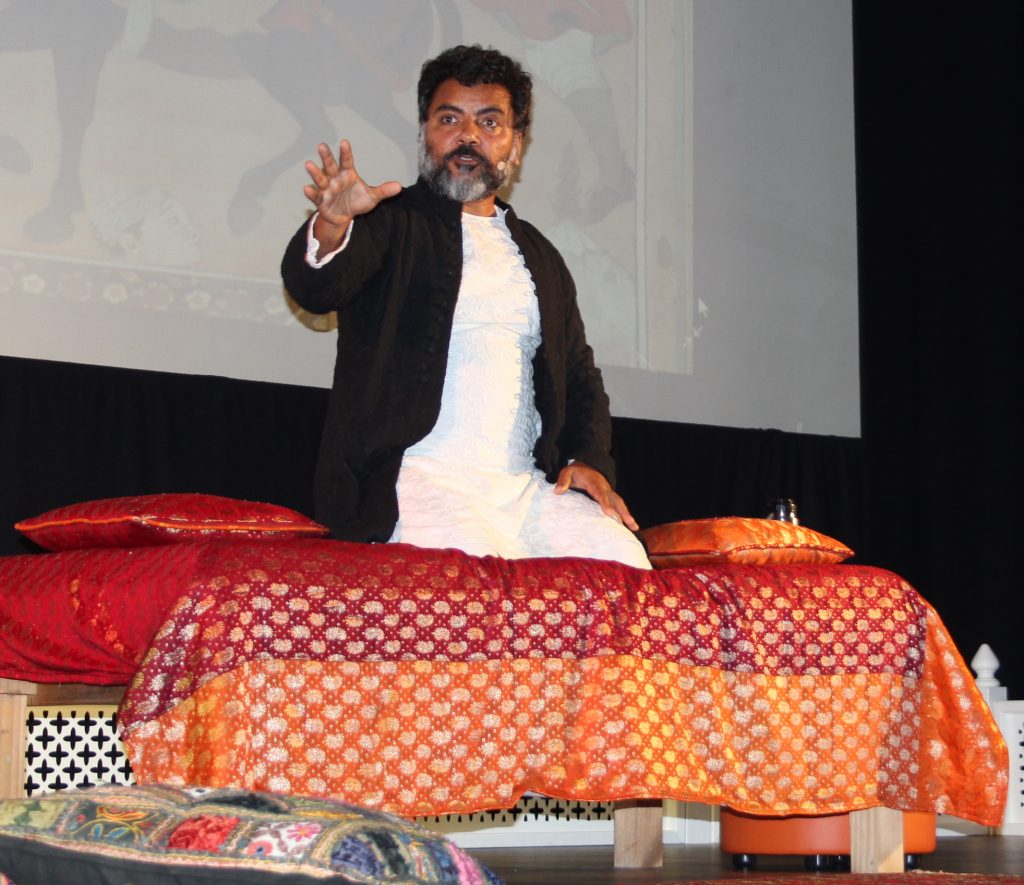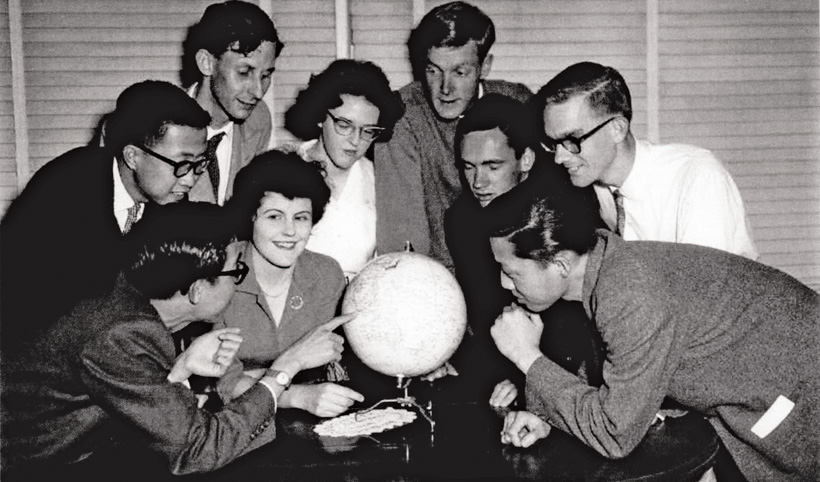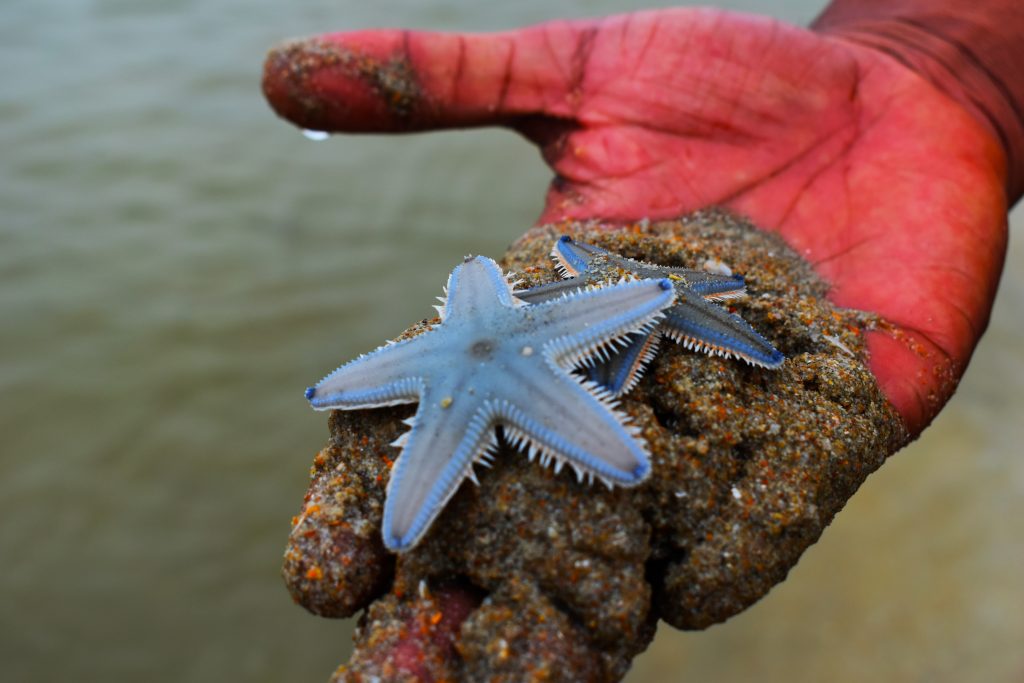WHAT’S GOING ON?
On Saturday May 1, 2021, the Australian government headed by Scott Morrison announced a temporary travel ban that applies to any travellers who have visited India within 14 days of their intended arrival date in Australia. Breaches of the travel ban could lead to up to five years’ imprisonment. This travel ban is a consequence of changes to the Biosecurity Act which means that Australians could face up to five years in jail and heavy fines if they leave India return home. As the ABC reported, “It is understood to be the first time Australia has banned its own citizens from returning, to the point of there being criminal sanctions for those who make it home.”
WHY IS THIS A PROBLEM?
As Indu Balachandran and a team of concerned citizens note, ” Infection rates in the USA and UK peaked in January 2021 at 89 and 76 cases per 100,000. India’s rates today are 27 cases per 100,000. Yet there is a ban on citizens travelling from India today. No other Aussies have faced this indignity. India’s health and administrative systems are buckling under the care of Indian citizens. Yet one of the richest countries in the world says, “look after ours as well, thanks”. “
Sadly, one Australian man has alreday died in India after contracting COVID-19. Read more here: https://www.abc.net.au/news/2021-05-08/australian-resident-dies-in-india-covid-19-crisis/100125780
As Sukhmani Khorana writes in The Conversation, “The real question is why those flying from India are being singled out. Such drastic steps were not in place when the US, the UK and Europe were going through similarly deadly and infectious COVID outbreaks in the past year. One possible explanation is the Indian community in Australia is simply an easy target, especially when India is in an unprecedented crisis. Indian officials and media are likely to be preoccupied with more pressing domestic matters and may not complain about the treatment of Indian-Australians the way they did during the student attacks a decade ago.”
As Mohan Dhall writes in Indian Link, “It seems to me it is hard to defend the accusation that it looks racist. When assessing justice, there is a notion called ‘apprehended bias.’ This means bias that is perceived. Apprehended bias is widely felt – not only by Indian Australians but by the Australian Human Rights Commission, high profile commentators and numerous others.”
As Sandeep Varma and the SAARI Editorial Team write, “The Australian government’s travel ban preventing Australian citizens and permanent residents in India from returning to Australia is fear-based and explicitly discriminatory. The ban, created as an emergency determination under the Biosecurity Act 2015, is an abrogation of the responsibilities this nation owes its citizens and residents under law, and is shoddy political action to score points with emotionally-charged supporters.”
THIS COULD BE ME: HOW THIS AFFECTS OVER 600,000 AUSTRALIANS OF INDIA ORIGIN
There are over 9000 Australians stranded in India, many of who left Australia to go back to India to care for loved ones dealing with COVID-19. As Melissa Cunningham reports in The Age, “Many of the people trapped are children who are stuck in India without their parents after travelling to the country with their grandparents.” Her article documents the heartbreaking stories of many Australians stranded in India.
“Bhaumik Dholakiya wept, cradling his 11-month-old son in his arms, as his father succumbed to coronavirus in a crowded hospital ward in India last week. The Melbourne man’s entire family, including himself, his wife, Laxita, and their baby boy, Reyansh, have been infected with COVID-19 during India’s deadly second wave, as hospitals run out of beds and oxygen and people die in lines waiting to see doctors…“We have been so scared for our lives,” says Dholakiya, an Australian citizen of more than 15 years. “We feel like we have been left here to die.”
Read more of Bhaumik Dholakia’s story and the stories of many others stranded in India here, as reported by Melissa Cunningham
As George Megalogenis writes in The Age, “Race cards might have worked in 1996, when migrants were in the minority and the English-born in Australia still outnumbered the total number of migrants from all Asian countries. But not now. Australia is a majority migrant nation, with almost 51 per cent of the population either born overseas (29.8 per cent on the latest figures for 2020) or with at least one parent born overseas (20.9 per cent)…Migrants born in India were already the largest community in Melbourne ahead of the Chinese, and ranked second behind the Chinese in Sydney.”
BRING AUSTRALIANS IN INDIA HOME NOW
Register your protest by signing this petition: https://me.getup.org.au/petitions/bring-australians-in-india-home-now?source=facebook-share-button&time=1620043171&utm_source=facebook&share=3416b704-b6d2-4fba-9b6b-cfbc2543456d&fbclid=IwAR1oYKjs-fp0thEneZR3u_J1LhHDSGWnw0Y6fOrk1QB53IQ7Ke_DL6sYZvQ
SHARE YOUR STORY HERE
Do you have a loved one in India? Are you are appalled by the Morrison government’s racist travel ban? Share your story here: https://survey.alchemer.com/s3/6331058/India-travel-ban-Share-your-story
SYDNEY VIGIL FOR INDIA ON MAY 13 AT SYDNEY TOWN HALL
More here: https://fb.me/e/iEMKK6cW8
DONATE
WANT TO KNOW MORE?












